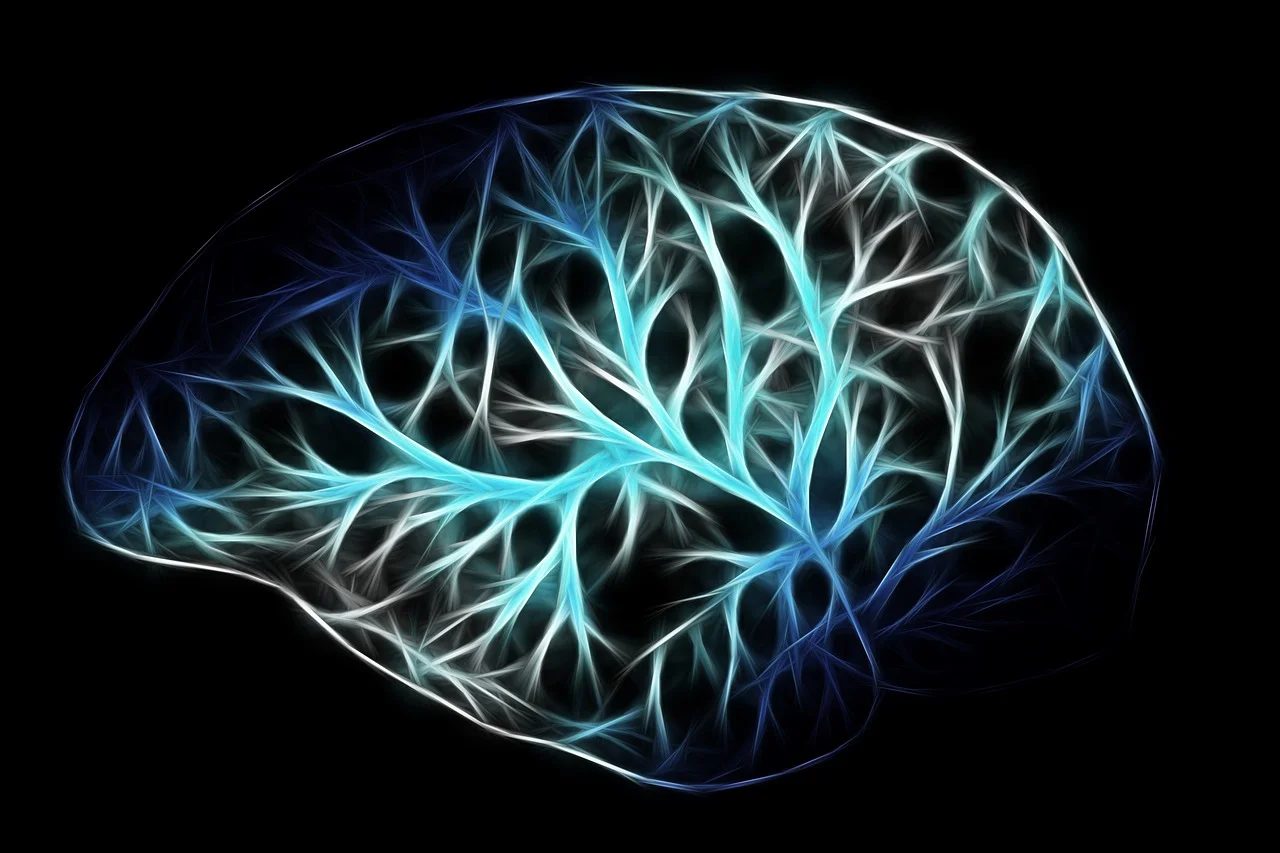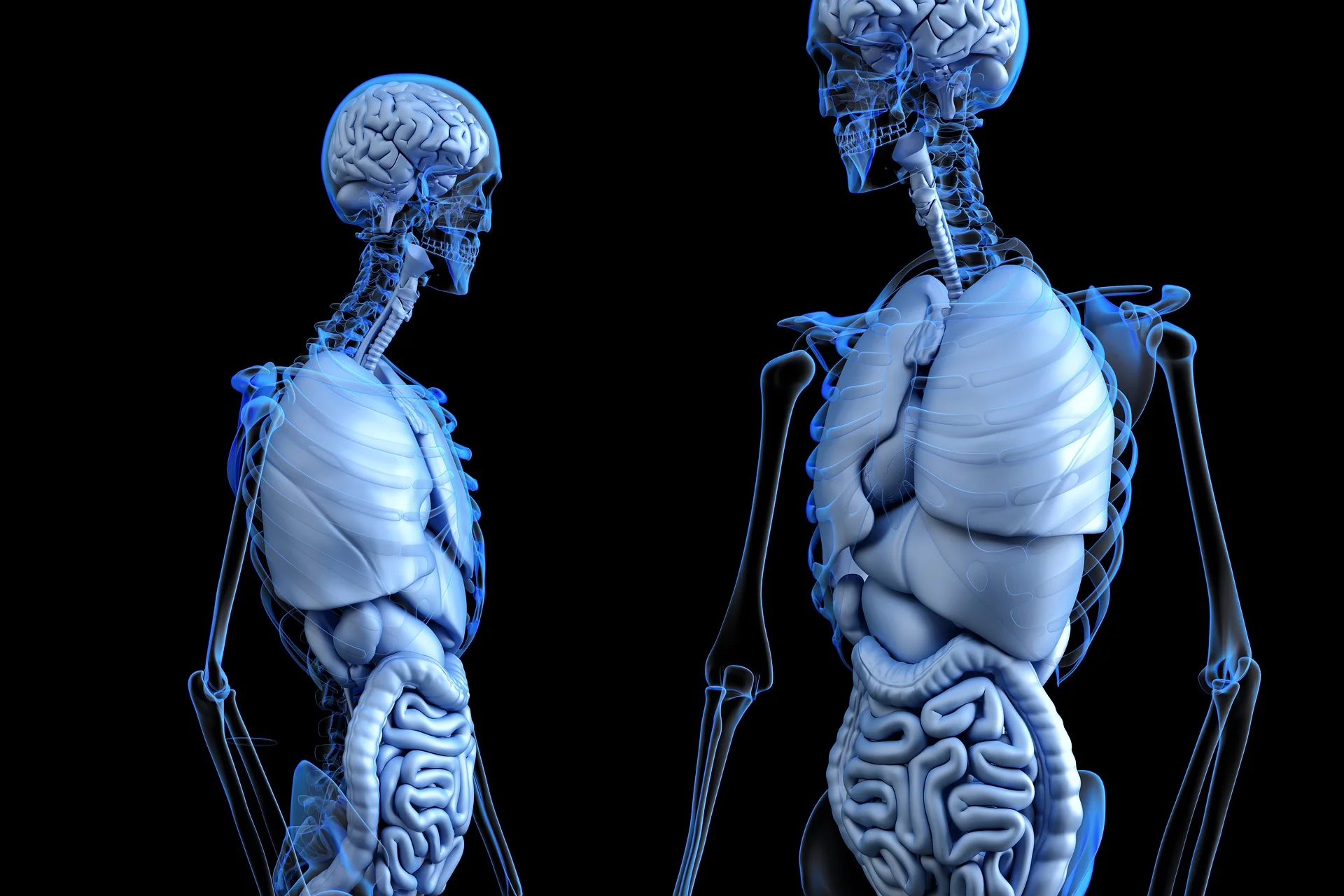- Home
- Addiction Guides
- The Physical Effects of a Cocaine Addiction
The Physical Effects of a Cocaine Addiction
Cocaine is one of the most addictive drugs, with one of the highest abuse and addiction rates. Although it is frequently used in the healthcare industry for medical purposes, it is illegal to use recreationally.
Cocaine often comes in powder form, with dealers combining the powder with other substances such as cornstarchstarch, flour and talc to make little amounts of cocaine go a long way.
Cocaine is psychoactive, meaning that it changes your nervous system, changing your behaviour and mood.
Cocaine causes a series of worrying and dangerous side effects such as heart problems, headaches, respiratory issues, stomach issues, being sick and possibly seizures and strokes.
How Cocaine Works

To understand the true effects of cocaine addiction, you first need to understand how cocaine works. Cocaine is a psychoactive drug. This means that it attacks the central nervous system, changing the way the brain works.
When cocaine reaches the nervous system, it changes the way the brain processes a chemical called dopamine. Dopamine is known as a neurotransmitter, which is responsible for how the brain processes pleasure [1].
It then hampers the brain’s ability to reabsorb dopamine. Unfortunately, after the initial high, this then reduces the amount of dopamine in the body, which is known as a crash.
This eventually leads to mental health issues such as depression and anxiety.
In an attempt to overcome these issues and feel the high that they once used to from cocaine, the individual consumes more, increasing their tolerance [1].
The Physical Effects of a Cocaine Addiction

There are many long and short-term physical effects when someone becomes addicted to cocaine. Whilst some of these symptoms will affect everyone who abuses cocaine, some other symptoms are caused by the way the individual decides to consume the cocaine.
Whilst some of these effects show immediately, some others take a long time to show.
This also depends on how the individual decides to consume the drug. These symptoms can also last from a few minutes to a few days to even a few hours.
For example, if an individual decides to snort cocaine through their nose, then these effects and symptoms might take longer to be absorbed into the bloodstream and show.
However, if an individual smokes or injects cocaine, then they will feel an immediate high which might only last for a few minutes to an hour.
Some of the short-term physical effects of abusing cocaine are listed below [1].
- Increased body pressure
- Increased heart rate
- Excessive sweating
- Dilated pupils and red eyes
- Increased body temperature, heart rate, and blood pressure
However, when an individual consumes too much cocaine frequently, they will begin to experience some more unpleasant and serious health issues, listed and explained below.
1. Damage to The Nose and Mouth

Unfortunately, a lot of people snort cocaine up the nose. This causes a lot of damage to the nose itself, in particular the mucous membranes inside the nose. This creates a particularly dry and dehydrated environment, which ends up damaging the tissue and cartilage within the nose.
As a result of this, a lot of cocaine users suffer from a perforated septum, which means that their nasal structure collapses.
People also end up losing their taste and smell due to cocaine addiction, as well as frequent nose bleeds.
2. The Heart

Frequent cocaine use increases the chance of developing a heart problem in the future. This includes things like blood clots, strokes and heart attacks.
This is all due to the cocaine creating inflammation around the heart, ruining the muscles surrounding the muscle. This means that the heart then struggles to contract, causing a long list of serious health implications.
3. Breathing Issues
In addition to heart issues, cocaine has also been linked to breathing issues. This is because cocaine makes it harder for air to enter the bloodstream and blood vessels, which in turn weakens the body’s capillaries.
As a result of this, people who abuse cocaine often suffer from breathing issues including asthma and pneumonia.
4. Brain Issues

Just as cocaine reduces the amount of oxygen to the heart, it also reduces the amount of oxygen to the brain. Unfortunately, this can lead to a series of psychological and brain issues including brain damage, seizures, strokes and a general shrinking of the brain.
In turn, their ability to process information worsens, as well as their ability to focus, make decisions and remember information.
5. Digestive Issues
Cocaine also reduces blood flow to the stomach area and large intestine. This can eventually lead to tears in the stomach issue as well as ulcerative colitis.
6. Kidney and Liver Damage

Lots of people who suffer from an addiction to cocaine also end up struggling with liver and kidney damage.
This is because cocaine kills some of the fibres surrounding the liver and kidney to fade away and enter the bloodstream.
This makes the blood somewhat toxic, causing damage to both the kidney and liver.
The High?
The ‘high’ that people experience is what drives an addiction to cocaine. The ‘high’ that people experience is essentially the short-term effects felt immediately after consuming the drug.
A ‘high’ often feels euphoric to people and lasts anywhere between a couple of minutes and half an hour. Below is a list of ways people describe feeling ‘high.’
- Feeling hyper
- Feeling sexual
- Feeling alert
- Feeling invincible
- Feeling tired
- Feeling more energetic
- Feeling numb
The Crash

In a distinct contrast to feeling ‘high,’ the crash and cocaine coming down make people feel extremely ill and mentally distressed.
People feel anxious, tense, depressed, exhausted and increasingly angry. Lots of people say that a comedown to cocaine feels very similar to a hangover caused by excessive alcohol consumption.
This is all caused due to a sudden lack of dopamine in the body, which in turn makes people want to consume more cocaine to avoid these unpleasant sensations and thoughts.
How is Cocaine Consumed?
There are many different ways people consume cocaine. For example, some people snort or inject cocaine, whereas some other people choose to smoke cocaine.
Each different method of use has its dangers and causes concerns, as we list below.
1. Injecting Cocaine

Unfortunately, a lot of people inject cocaine into their bodies, which is one of the most dangerous ways to consume cocaine. Injecting cocaine restricts how much blood enters the blood vessels and tissue. This can create a long list of problems including tissue damage.
On top of this, a lot of people swap needles, which increases the chances of contracting very serious diseases and illnesses such as HIV, hepatitis and sepsis.
2. Smoking Cocaine
Similar to smoking tobacco, smoking cocaine causes damage to the lungs and can result in a long list of health conditions such as bronchitis and lung disease.
3. Snorting Cocaine
A lot of people snort cocaine through their noses. When they do so, the cocaine takes a longer time to reach the brain and creates a longer high. However, snorting cocaine frequently can create some very serious health concerns.
Some of these health concerns include frequent pain in the nose, nosebleeds, a sore throat, a runny nose and difficulty in swallowing food [2].
What Causes and Triggers an Addiction to Cocaine?

Like with most diseases, there is not one root cause. However, when it comes to an addiction to cocaine then there are a lot of common causes and triggers that do often contribute to an addiction to cocaine.
For example, some studies have shown that cocaine addiction can be genetic. If your sibling or parent is addicted to cocaine, then you are statistically also more likely to develop an addiction to cocaine during your lifetime too.
There is also a long list of biological causes that might lead to an addiction to cocaine. For example, studies have shown that people who abuse cocaine frequently develop changes in the brain.
Studies have shown that the level of protein in the brain reduces over time, which in turn also reduces the levels of dopamine in the brain, causing a series of mental health issues including depression and anxiety.
There are also environmental factors that can contribute to an addiction to cocaine. For example, children who grow up in a toxic or neglectful home environment are more likely to develop an addiction to cocaine.
Those who experience trauma are also more likely to abuse drugs such as cocaine, in an attempt to ‘get away from their issues and trauma.
Some psychological factors also influence addiction, such as depression and bipolar disorder.
Treatment for an Addiction to Cocaine

If you’re suffering from an addiction to cocaine, then you might need to attend inpatient rehab to successfully recover from your addiction.
You will receive a long list of therapy treatments, such as cognitive behavioural therapy, motivational interviewing, group therapy, one-to-one therapy as well as a holistic therapy.
If you need help with your addiction to cocaine, then speak to your local GP, to your local drug and alcohol team or to a member of the Rehab Recovery team for free, helpful and friendly treatment advice.
References
[1] National Institute on Drug Abuse. What is cocaine?
[2] Advokat C, Comaty J, Julien R. Julien’s Primer of Drug Action. 14th edition. New York, NY: Worth Publishers; 2019].




